Clinic Student Experience
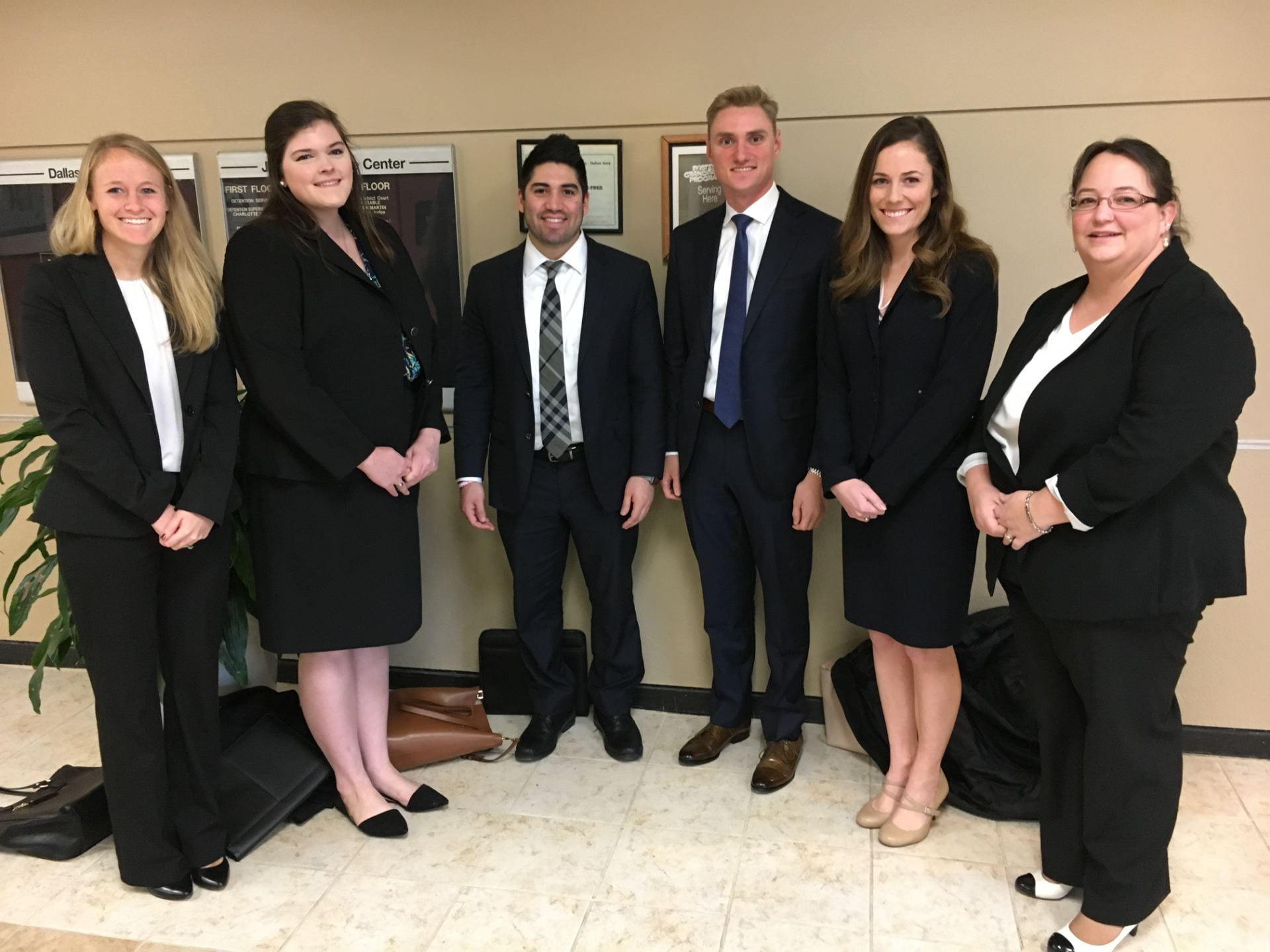
Class Component
During the semester, there are bi-weekly classes that focus on child advocacy law and the core practice issues relevant to it.
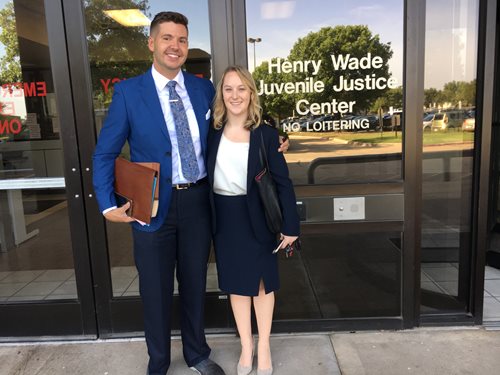
Courtroom Experience
Students represent their clients at all hearings, mediation proceedings, and trial under the supervision of the director.
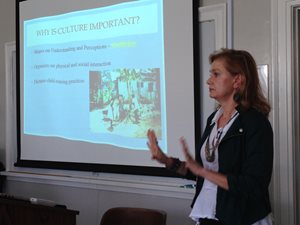
Interdisciplinary Lectures
Throughout the semester, various professionals from other disciplines come to speak to the students about how their field intersects with the child welfare system.
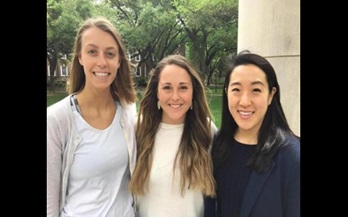
Chief Counsel
Students who have completed the clinic are eligible to apply for the position of Chief Counsel for any semester following their completion of the clinic course. Chief Counsels serve as mentors to the following semester’s child ad students, assist in case management, preparation for hearings and trial, and conduct ongoing clinic research. Chief Counsels earn 2 to 3 credit hours for the semester and receive a grade.
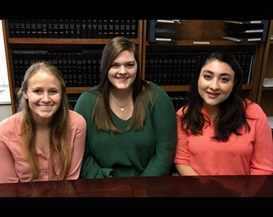
Summer Fellowships
Summer Fellowships are available with the Caruth Child Advocacy Clinic for students who have completed their second and third year in law school. It is not required that the student complete a semester in the clinic prior to being a fellow. The fellowships are paid positions, and the hours that a student works are flexible or can be done for public service.
The fellowships offer the students the opportunity to assist with the representation of children in ongoing cases, conduct research, and assist in planning seminars/symposiums.